
Renewable Regina: Putting Equity into Action
by Simon Enoch and Emily Eaton | September 17, 2020
The result of a truly collaborative research effort, Renewable Regina: Putting Equity into Action, makes the case that the City of Regina’s efforts to achieve 100 percent renewability must be equitable if they hope to succeed. Through interviews with 25 community-based organizations, this report demonstrates how City leaders and planners must understand how access to …
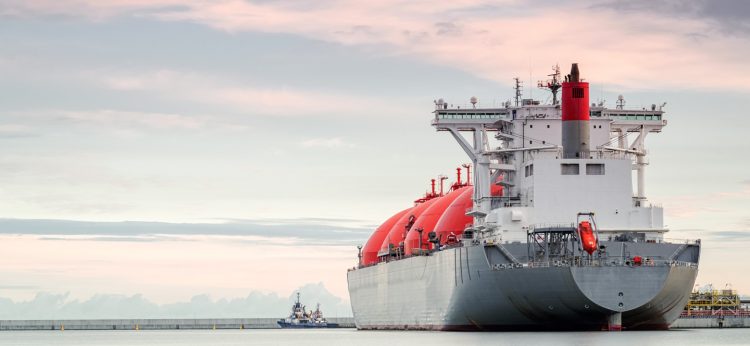
BC’s Carbon Conundrum: Why LNG exports doom emissions-reduction targets and compromise Canada’s long-term energy security
by David Hughes | July 9, 2020
This report assesses the emissions implications of the Canada Energy Regulator’s (CER) 2019 oil and gas production forecast for BC, and the implications of ramping up gas production for liquified natural gas (LNG) export. The British Columbia government has pledged to reduce greenhouse gas emissions by 80 per cent from 2007 levels by 2050 through …
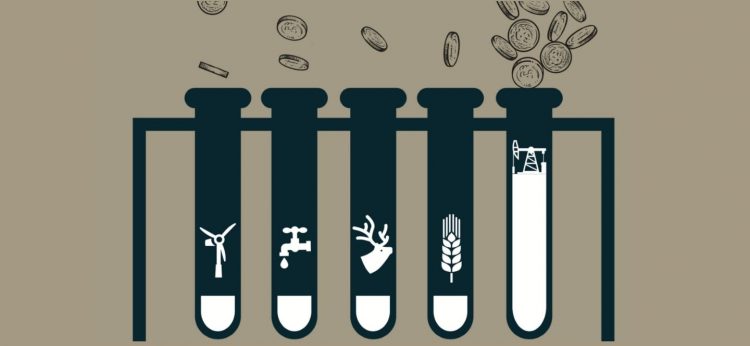
Knowledge for an Ecologically Sustainable Future?
by Laurie Adkin and Laura Cabral | June 24, 2020
Innovation Policy and Alberta Universities As scientists and Indigenous elders have been telling us for decades, life on this planet as it has evolved over millions of years is on the brink of a precipice. Planetary ecosystems are threatened with collapse by the pressures of humans’ appropriation of nature and their production of wastes, pollutants, …
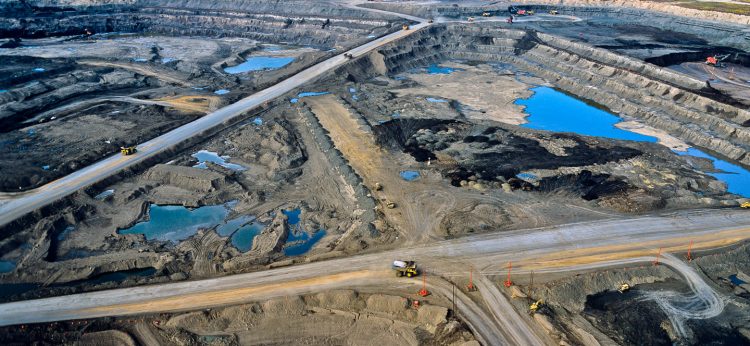
The Future of Alberta’s Oil Sands Industry: More production, less capital, fewer jobs
by Ian Hussey | March 10, 2020
As debate continues to rage over pipelines for Alberta’s oil, this report analyzes how the oil sands industry, in the early years of the mature phase of its business lifecycle, is producing more bitumen with less capital and fewer jobs. “Since the 2014 oil price crash, advancements in extractive technologies and modular facility design have …
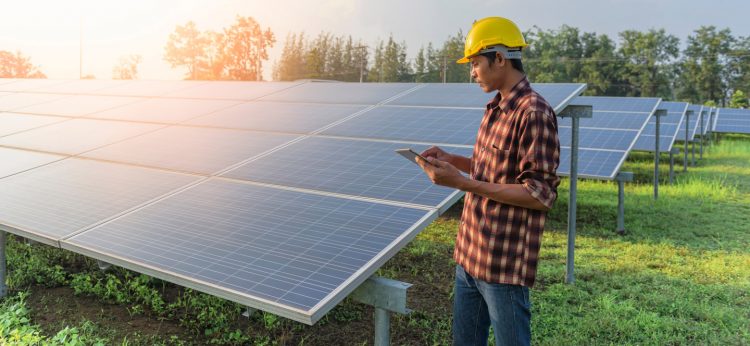
Winding Down BC’s Fossil Fuel Industries: Planning for climate justice in a zero-carbon economy
by Marc Lee and Seth Klein | March 4, 2020
For British Columbia to meet its emissions targets and not perpetuate the climate crisis, it must phase out its fossil fuel industries by mid-century. This means strategically and thoughtfully planning for the coming energy transition, including full decarbonization of the economy by 2050 and a fair transition for workers and resource-dependent communities. The report outlines …
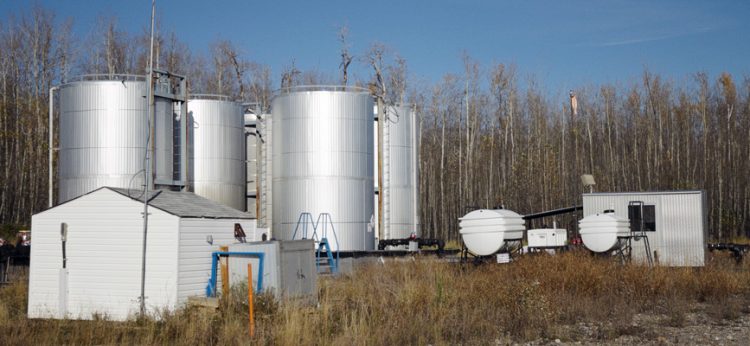
The Well from Hell
by Ben Parfitt | January 9, 2020
Part 2 of a report on how fracking poses risks to BC Hydro’s Peace River Dams Read Part 1 of the report View timeline BC Hydro was so worried that its Peace Canyon dam could be badly damaged if an earthquake was triggered at a nearby natural gas industry disposal well, that it briefly considered …
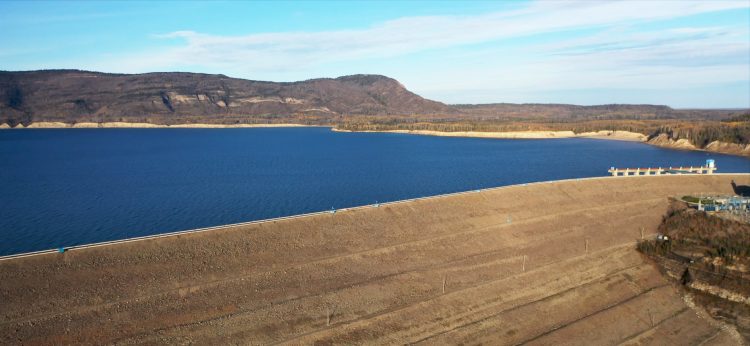
Peace River Frack-Up
by Ben Parfitt | January 9, 2020
Part 1 of a report on how fracking poses risks to BC Hydro’s Peace River dams Read Part 2 of the report View timeline BC Hydro has known for well over a decade that its Peace Canyon dam is built on weak, unstable rock and that an earthquake triggered by a nearby natural gas industry …
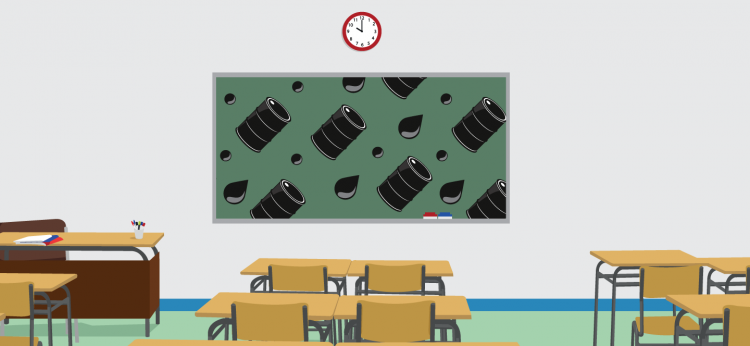
Crude Lessons: Fossil Fuel Industry Influence on Environmental Education in Saskatchewan
by Simon Enoch and Emily Eaton | December 5, 2019
With climate and energy issues dominating much of the political debate, the question of how and what students learn about these issues in our public schools has become an increasingly contentious issue. This is especially the case in Western Canada, where recent comments by conservative politicians and pundits like Alberta Education minister Adriana LaGrange and …
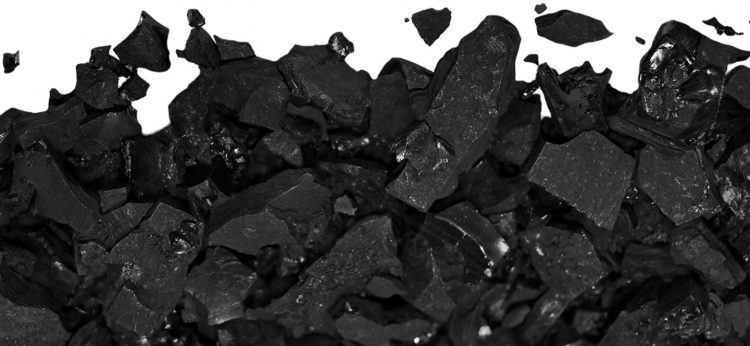
Alberta’s Coal Phase-Out: A Just Transition?
by Emma Jackson & Ian Hussey | November 20, 2019
This report evaluates Alberta’s accelerated phase-out of coal-fired electricity against principles and lessons gleaned from the just transition literature. In November 2015, Alberta Premier Rachel Notley’s NDP government announced its Climate Leadership Plan, which aimed to accelerate the transition away from coal power toward natural gas and renewable electricity generation. The plan also included a …
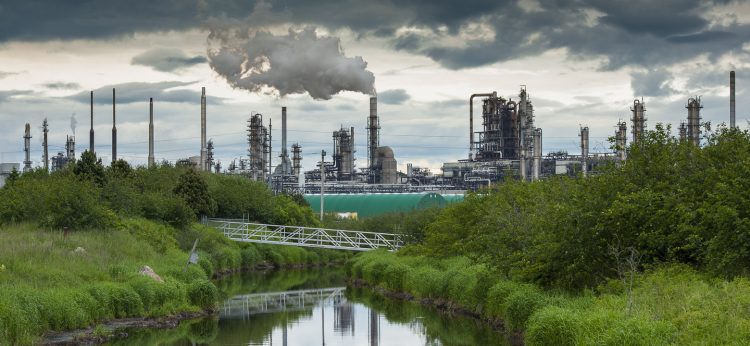
Fossil Futures: The Canada Pension Plan’s Failure to Respect the 1.5-Degree Celsius Limit
by James Rowe, Steph Glanzmann, Jessica Dempsey and Zoë Yunker | November 19, 2019
The Canada Pension Plan Investment Board (CPPIB) manages one of the country’s largest pools of investment capital at over $400 billion. How pension funds choose to invest has significant bearing on how we collectively address the climate emergency and the needed energy transition away from fossil fuels. This report asks if the CPPIB is investing …
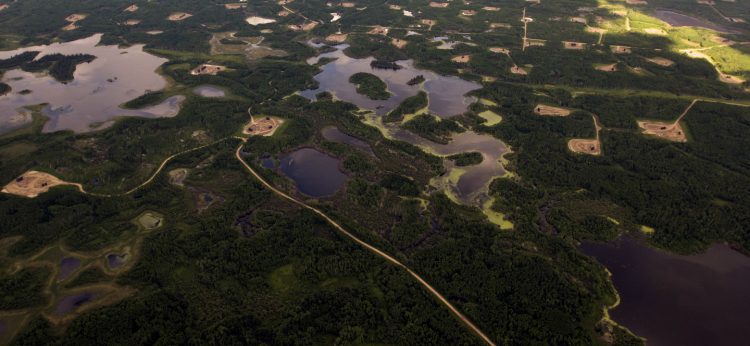
Map of Saskatchewan oil & gas industry spills
by Price of Oil Investigation | November 14, 2019
Please allow time for the map to load. Best viewed in full screen. This map shows oil and gas industry spills reported to the Saskatchewan Ministry of Energy and Resources, Sask Environment and the Transportation Safety Board of Canada from Jan. 1, 2000 to Dec. 31, 2018, a period that included the height of Saskatchewan’s …

Big Oil’s Political Reach: Mapping fossil fuel lobbying from Harper to Trudeau
by Nicholas Graham, William K. Carroll and David Chen | November 5, 2019
In Canada between 2011 and 2018 the fossil fuel industry was one of the most active industry groups lobbying the federal government with over six contacts per working day made with government officials. During this period, the intensity of lobbying increased when salient policy issues—like the Environmental Assessment Act—arose or when there were big stakes …











